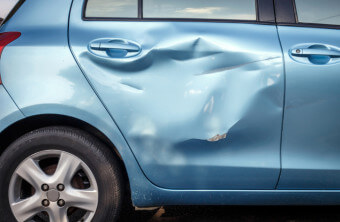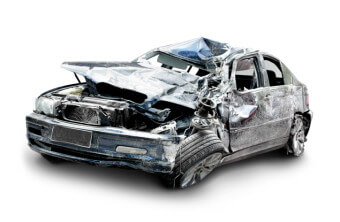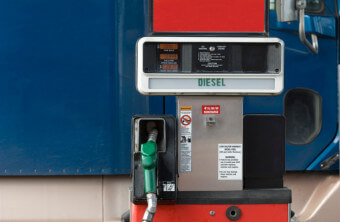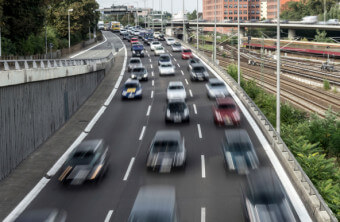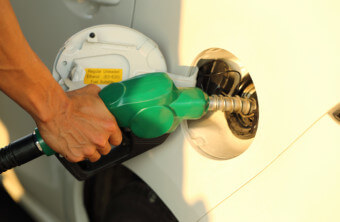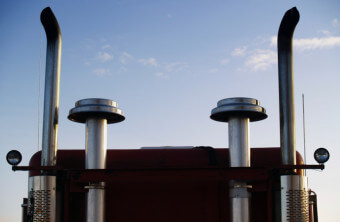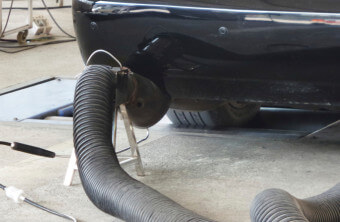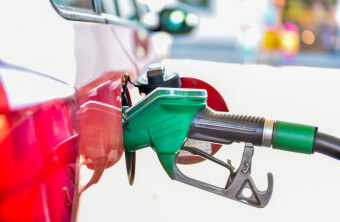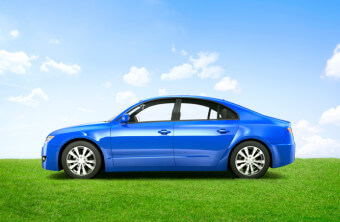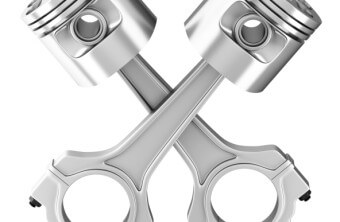You have limited funds and need to buy a vehicle. Could a salvage car be the answer? It’s important to understand why an insurance company declares a vehicle a total loss – the cost of repair is close to or greater than the value of the car. In many cases, salvage vehicles only hold value for...
Auto Dealers and Car Buying
In the market for a new or used car? Check out these articles for expert advice on buying, selling, or trading new and used cars. If you have questions about buying vs. leasing, or wondering about the pros and cons of buying a used car, you’ll find your answers right here. We even have tips to help you sharpen your negotiation skills.
If you’ve emerged uninjured from a serious car accident, one of your first questions is almost certainly: Can my vehicle be repaired or is it a total loss? Exactly how much damage is sufficient for a vehicle to be declared a total loss generally depends on a number of variables, such as the age and...
It’s been nearly a decade since the US Environmental Protection Agency adopted more stringent criteria for diesel fuels. The goal was to reduce diesel emissions and diminish the production of black carbon particulate matter. Since 2014, ultra-low sulfur diesel (ULSD) fuel has been required for all diesel uses including on-road vehicles, off-road agricultural, construction and...
Diesel cars have been steadily gaining traction in America. In 2015, there were 7.4 million diesel-powered passenger vehicles on the roads, representing roughly 3% of the 250 million passenger vehicles in the country. On the other side of the Atlantic, the story is quite different. By some estimates, diesel cars account for 55% of passenger vehicles,...
While the basics of diesel technology have remained fundamentally unchanged for more than 120 years, the advent of clean diesel has introduced car buyers, owners, dealers and mechanics to a host of new technologies and terms. Whether you’re doing research for an impending car purchase or talking to your favorite mechanic, here are eight acronyms...
There are more than 7 million diesel cars, SUVs, trucks and vans on American roads. Whether you’re in the market for a clean diesel vehicle or you’re simply interested in learning more, it helps to have a basic grasp of three key technologies used to reduce diesel emissions and help new-gen vehicles earn the clean diesel moniker....
In the wake of the 2015 controversy regarding specific diesel cars and misleading data regarding emissions, many a pundit predicted diesel was well and truly dead. Think again. These prognosticators sound much like their predecessors who were certain PCs would disappear from the computing world once people discovered the advantages of Apple. Today, both technologies...
The phrase clean diesel is tossed around with great abandon. One day it functions as the backbone for a car advertising campaign and the next it’s used to describe a specific technology, so if you’re confused you have lots of company. Coined by the industry to herald a new generation of diesel power, the phrase...
When controversy arose in 2015 regarding clean diesel cars and engine emissions, it reignited the long-standing debate regarding diesel engines, fuel and pollution. A variety of factors influence the amount of pollution any engine or fuel source produces. Diesel proponents point to the higher mpg ratings and more complete combustion attributed to diesel engines, and...
While less than 5% of US passenger cars are diesel-powered, diesel engines are the workhorses of agriculture, construction, drilling, forestry, industry, mining, transportation and shipping. They power everything from buses and combines to bulldozers, excavators, semi-trailer trucks, ships and trains. Diesel and gas-powered engines are classified as internal combustion engines. In both instances, chemical energy...
